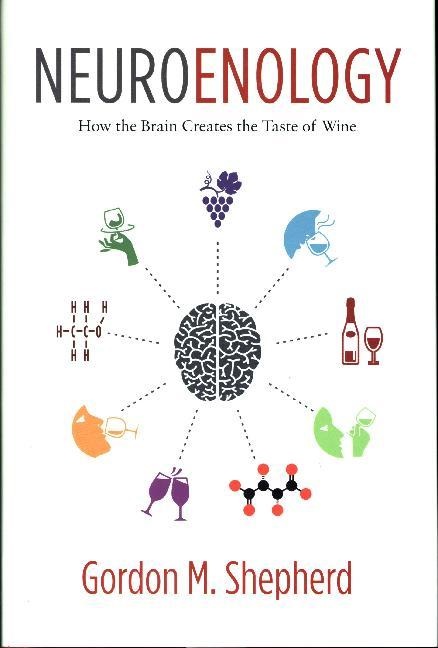Read more
In his new book, Gordon M. Shepherd expands on the startling discovery that the brain creates the taste of wine. This approach to understanding wine's sensory experience draws on findings in neuroscience, biomechanics, human physiology, and traditional enology. Shepherd shows, just as he did in Neurogastronomy: How the Brain Creates Flavor and Why It Matters, that creating the taste of wine engages more of the brain than does any other human behavior. He clearly illustrates the scientific underpinnings of this process, along the way enhancing our enjoyment of wine. Neuroenology is the first book on wine tasting by a neuroscientist. It begins with the movements of wine through the mouth and then consults recent research to explain the function of retronasal smell and its extraordinary power in creating wine taste.
List of contents
Preface
Introduction: A New Approach to Wine Tasting
Part I. Fluid Dynamics of Wine Tasting1. Sip and Saliva
2. The Tongue: Moving the Wine
3. Respiration and Wine Aromas
4. The Pathway for Retronasal Airflow
5. Swallow, Aroma Burst, and Finish
Part II. How Sensory Systems Create the Taste of Wine6. Sight: Creating the Color of Wine
7. Orthonasal Smell: Wine Molecules Meet Smell Receptors
8. Orthonasal Smell: Creating a Wine Aroma Image
9. Orthonasal Smell: From Odor Image to Aroma Perception
10. Touch and the Mouthfeel of Wine
11. Taste Modalities and Wine Tasting
12. Creating Taste Perception
13. Retronasal Smell: The Hidden Force in Wine Tasting
14. Retronasal Smell: What Is So Special?
15. Retronasal Smell: Creating the Multisensory Wine Flavor
Part III. How Central Brain Systems Create the Pleasure of the Taste of Wine16. Wine Tasting, Gender, and Aging
17. Memory and Wine Tasting
18. The Language of Wine Tasting
19. Pleasure: The Final Judge in Wine Tasting
20. Practical Applications of Neuroenology to the Pleasure of Wine Tasting
Appendix. A Wine-Tasting Tutorial with Jean-Claude Berrouet
Bibliography
Index
About the author
Gordon M. Shepherd
Summary
A pioneer of neurogastronomy writes an engaging treatment of the brain’s role in creating the taste of wine.
Report
"Shepherd provides a valuable and interesting glimpse into the human side of science and its inherently cross-disciplinary nature. After having read Neuroenology, every sniff, bite and gulp, will create a moment of reflection on how complex and wonderfully mysterious the human brain is." - Christopher R. Loss, Culinary Institue of America

